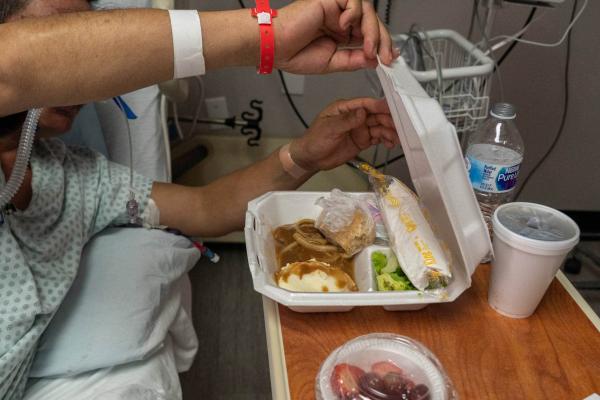
Protein might dramatically boost recovery after an ICU stay, but clinicians are just learning how to study its effects.
Paul Wischmeyer was a teenage athlete when he learned firsthand just how devastating an intense illness can be. After spending the better part of a year severely sick and frequently hospitalized with undiagnosed severe inflammatory bowel disease, his colon perforated, landing him in the intensive care unit. When he finally recovered, he went from being a starter on his high school basketball team to being too weak to walk down the court — profoundly disabled from just being in the hospital.
He built back his strength over the next few years, and eventually worked his way through medical school as a personal trainer in a competitive bodybuilding gym, where he helped clients sculpt their physiques by providing them with targeted workouts and having them add protein and other nutritional supplements to their diets. But it wasn’t until his training in critical care medicine that Wischmeyer began to thread together his interest in bodybuilding with his interest in ICU recovery.
Critical care experts have long known that a stay in the ICU can lead to long-term weakness lasting months or even years after discharge, regardless of the specific illness. Wischmeyer was especially struck by his patients’ massive loss of muscle, which reminded him of his own experience. “I’d watch people lose half their body weight in a short period of time and not be able to walk,” he says.
Today, Wischmeyer, a critical care and nutrition physician at Duke University, is a leading voice among clinicians and scientists investigating whether increasing protein intake during and after hospitalization could be an important and long-overlooked component of recovery.